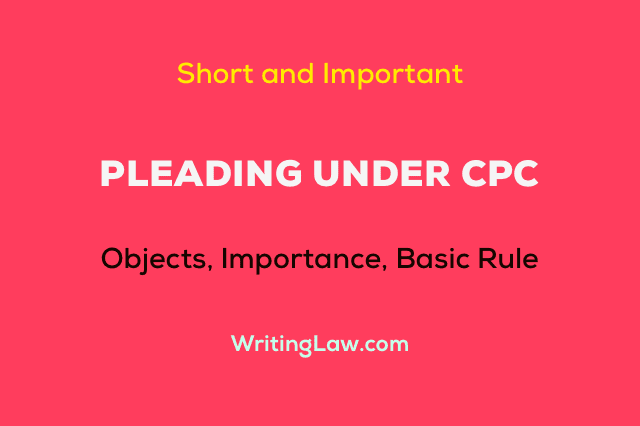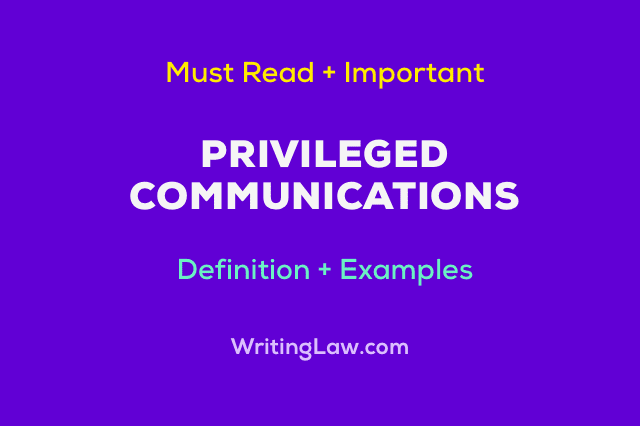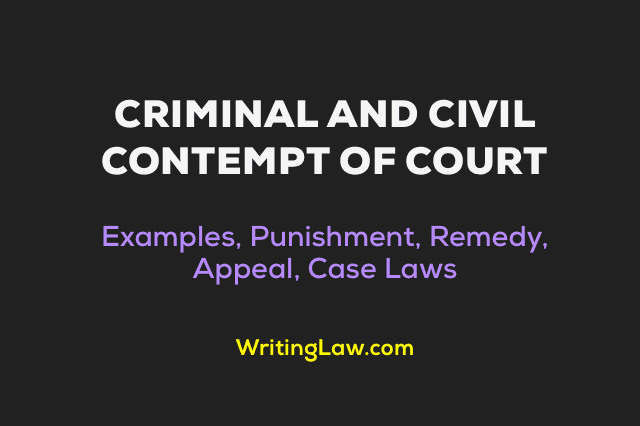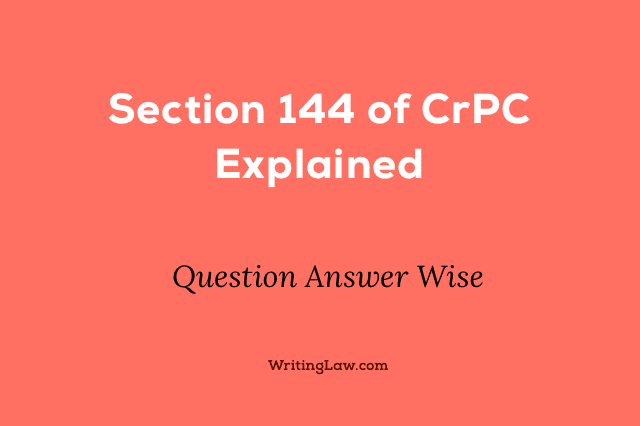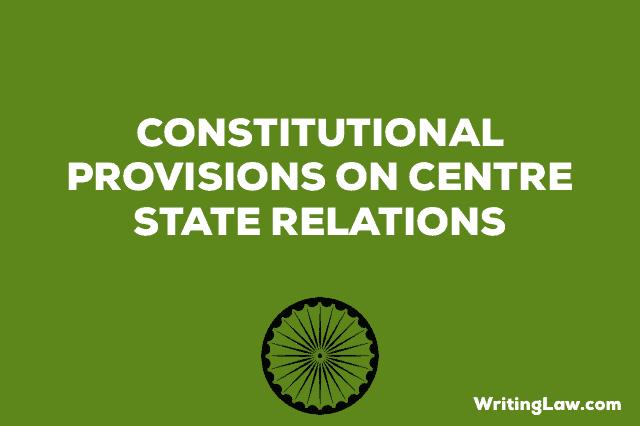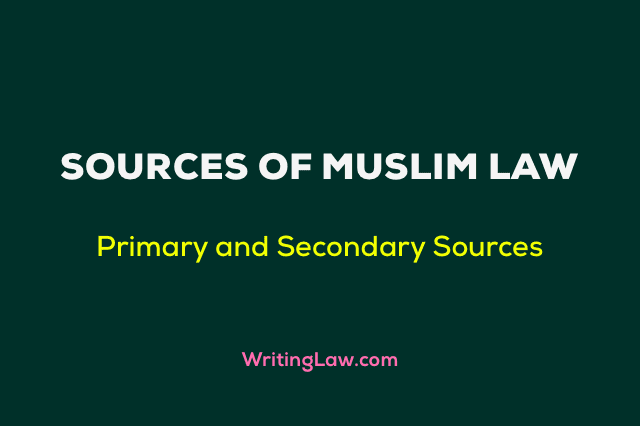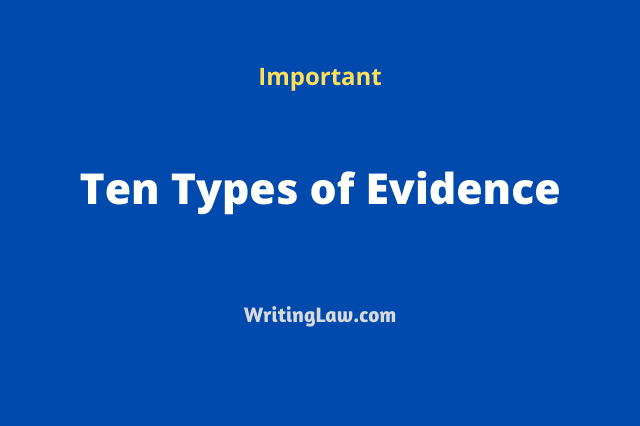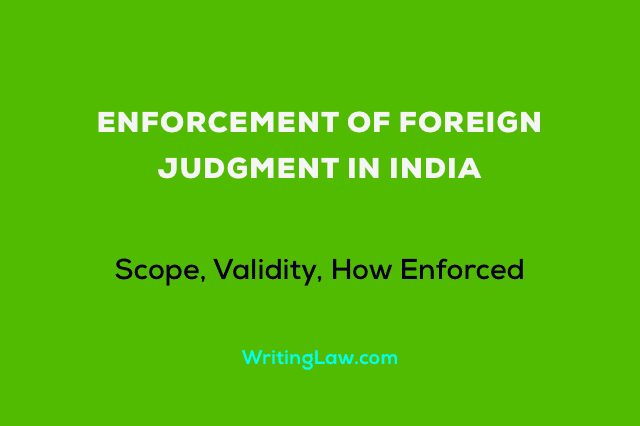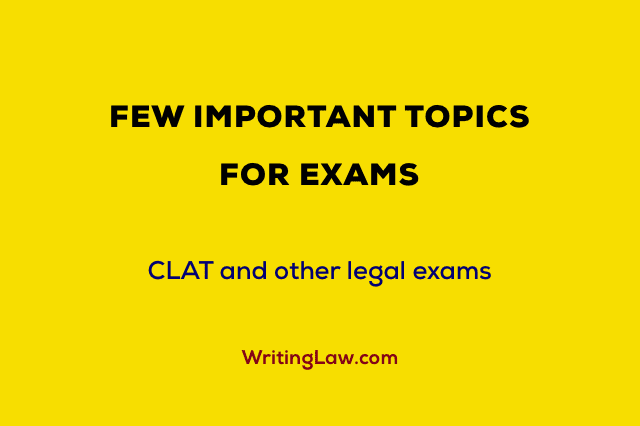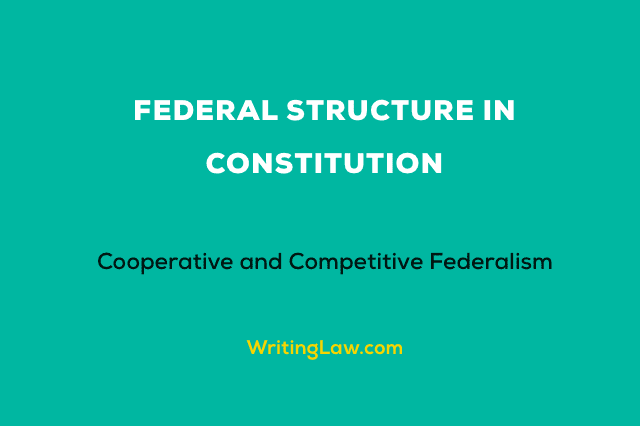Pleading under CPC: Easy Definition, Object, Importance, and Basic Rules
Pleading is the foundation of litigation. Pleading has been dealt with in Order 6 of the Civil Procedure Code. Order 6 Rule 1 of CPC defines pleadings as plaint or written statement.
The word ‘plaint’ is undefined in the code. However, it can be said to be the statement of claim – a document that contains the material fact by the presentation of which a suit is instituted in the court of law.KEEP READING
